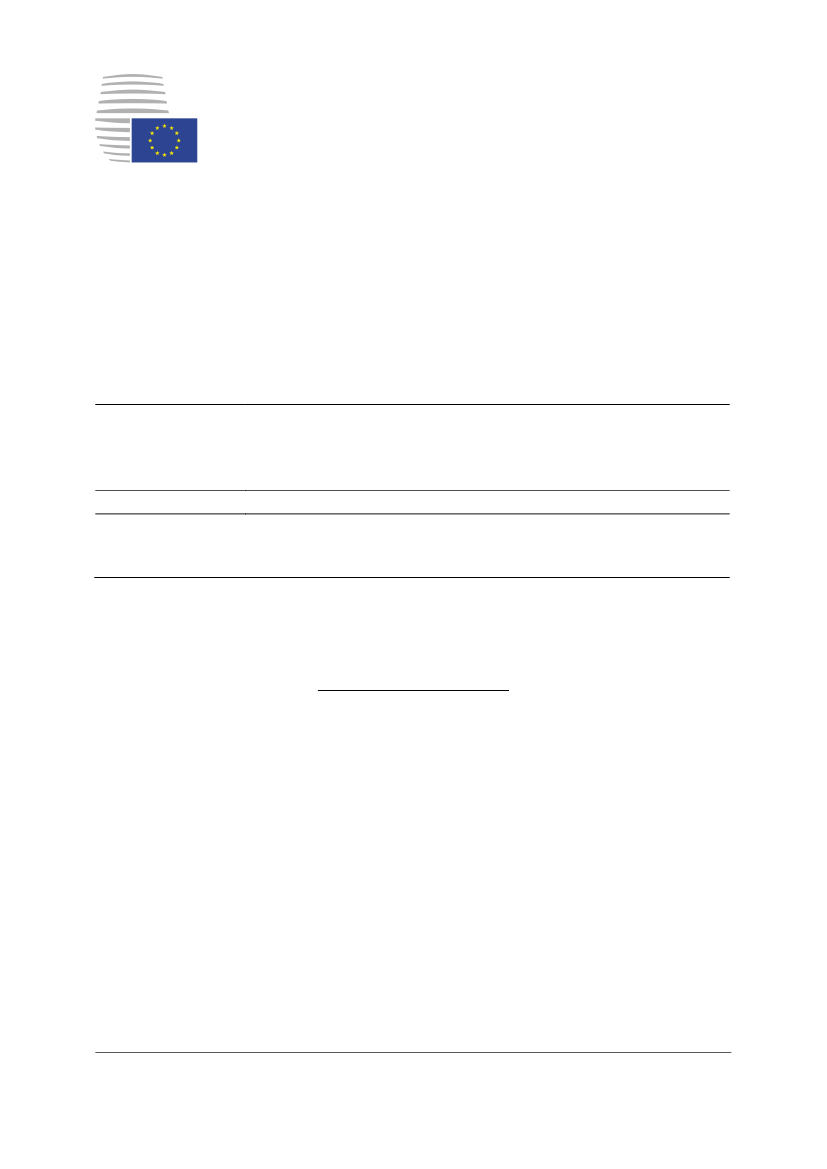
Council of the
European Union
Brussels, 17 June 2022
(OR. en)
10321/22
ELARG 46
COEST 465
COVER NOTE
From:
date of receipt:
To:
No. Cion doc.:
Subject:
Secretary-General of the European Commission, signed by Ms Martine
DEPREZ, Director
17 June 2022
General Secretariat of the Council
COM(2022) 407 final
COMMUNICATION FROM THE COMMISSION
Commission Opinion on Ukraine’s application for membership of the
European Union
Delegations will find attached document COM(2022) 407 final.
Encl.: COM(2022) 407 final
10321/22
RELEX.4
GL/sb
EN